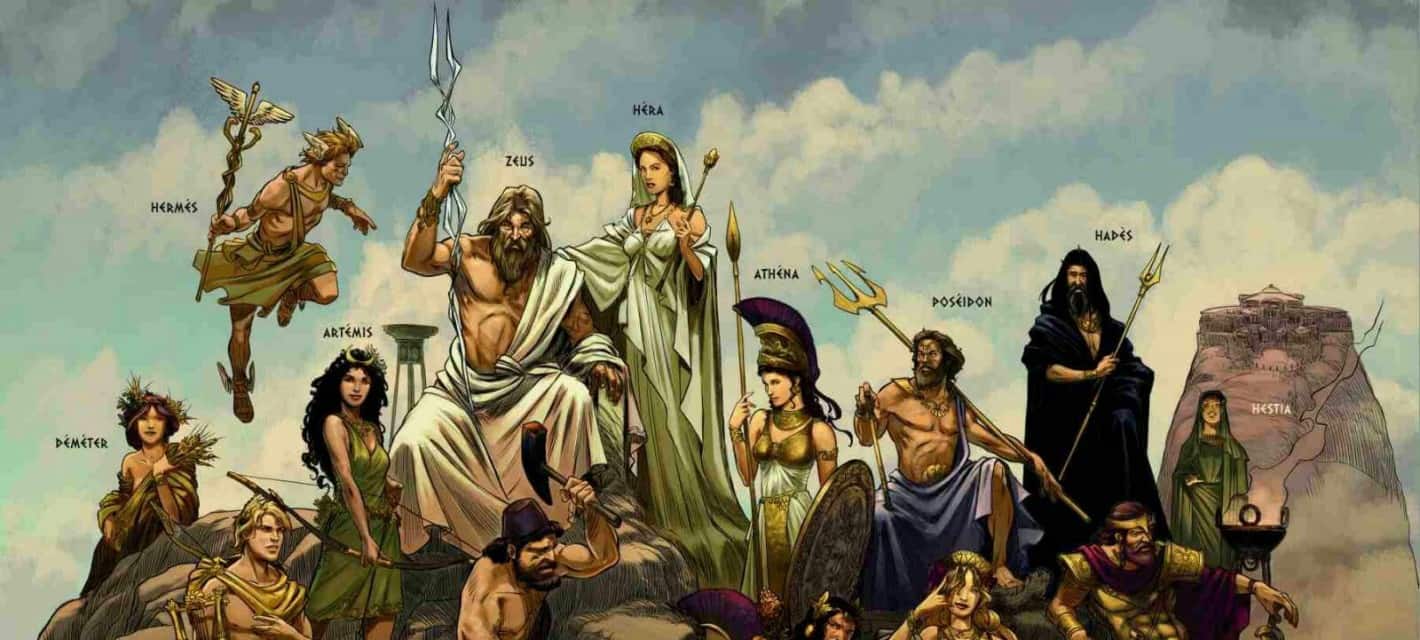Divine vengeance is liberally sprinkled throughout Ancient Greek mythology. The Greek gods often come across as vindictive lot who do horrible things to mortals and to each other, with little sense of proportionality between trespass and its horrific punishment. They might torment a pregnant woman out of jealousy, or condemn somebody who accidentally saw them naked to get eaten by dogs. Below are thirty things about those and other divine vengeance stories from Ancient Greek lore.

30. Greek Mythology Was Pretty Violent and Full of Vengeance
Ancient Greeks saw their gods in anthropomorphic terms and depicted them as similar to humans in many aspects. Greek gods had human appetites and desires, and human emotions such as joy, sadness, lust, anger, jealousy, and wrath that often led to vengeance visited upon those who displeased them. Being gods, they were terrors to behold whenever they got mad. Both because of their godly powers, and because they were often unrestrained by morality and the social norms that apply to humans.
Ancient Greeks did not see their gods as infallible and always out to do good, but as flawed super-beings who were quite fallible. All that humans could do was to endure their divine decisions, whether just or unjust – and Greek gods often acted unjustly. Greek deities were often depicted as sadistic bullies eager for an excuse to inflict punishment. Olympian gods – so named because they were believed to live atop Mount Olympus – might fly into divine wrath at the slightest provocation and wreck some unfortunate. Their vengeance often took extreme forms, to let everybody know just who is boss.

